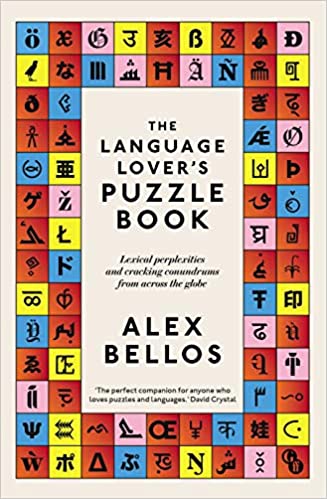The word carta means paper in Italian, but letter in Spanish. It has other meanings, and this post finds out more.
Carta [ˈkar.ta] in Italian means such things as:
- paper or charter, e.g. un foglio di carta (a sheet of paper), carta igienica (toilet paper), carta da lettere (writing paper), carta da regalo (wrapping paper), carta lucida (tracing paper), carta da parati (wallpaper)
- papers / documents (in the plural – carte)
- card, e.g. carta di credito (credit card), carta d’indentità (identity card), dare le carte (to deal the cards), mettere le carte in tavola (to lay one’s cards on the table)
- menu / list, e.g. alla carta (à la carte), carta dei vini (wine list)
- map, e.g. carta geografica (map), carta automobilistica / stradale (road map), [source].
Carta [ˈkaɾta] in Spanish can mean:
- letter, e.g. carta de amor (love letter), carta adjunta (covering letter), carta de dimisión (letter of resignation), carta de presentación (letter of introduction)
- card(s), e.g. una baraja de cartas (a pack of cards), jugar a las cartas (to play cards)
- map / chart / plan, e.g. carta acotada (contour map), carta astral (star chart), carta meteorológica (weather chart/map), carta de navegación (flight plan)
- menu / list, e.g. a la carta (à la carte), carta de vinos (wine list) [source].
It has similar meanings in the other Romance languages, and comes from Latin charta (papyrus, paper, a piece of writing, letter, poem. charter) from Ancient Greek χάρτης (khártēs – paper, book), possibly from Proto-Indo-European *ǵʰer- (to scratch) [source].
Words from the same roots include card, chart and charter in English, hartă (map), hârtie (paper), cartă (charter) and carte (book, card) in Romanian, Karte (card, map, chart, menu, ticket) in German, כַּרְטִיס (kartís – card, ticket) in Hebrew, ქარტეზი (karṭezi – certificate) in Georgian, and քարտ (kʻart – [playing] card) in Armenian [source].
Incidentally, another word for card in Spanish is tarjeta [taɾˈxeta], as in tarjeta de crédito (credit card). It is a diminutive of tarja [ˈtaɾxa] (tally [stick], plaque, plate, shield), which comes from French targe [taʁʒ] (targe [a small shield], buckler [a kind of shield]), from Middle French targe (round shield, targe), from Old French targe (buckler), from Frankish *targa (buckler), probably from Old Norse targa (small round shield), from Proto-Germanic *targǭ (edge), from Proto-Indo-European *derǵʰ- (fenced lot) or *dergʰ- (to catch, grasp) [source].
Related words in other languages include targe and target in English, Zarge (frame, border) in German, targhetta (label, tag, sticker, name plate) in Italian, and tarcza (shielf, target, clock face) in Polish [source].





